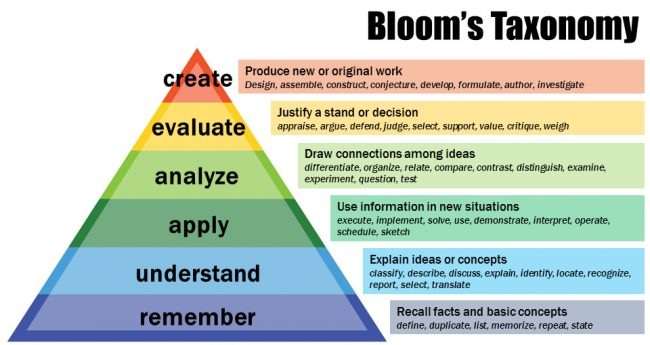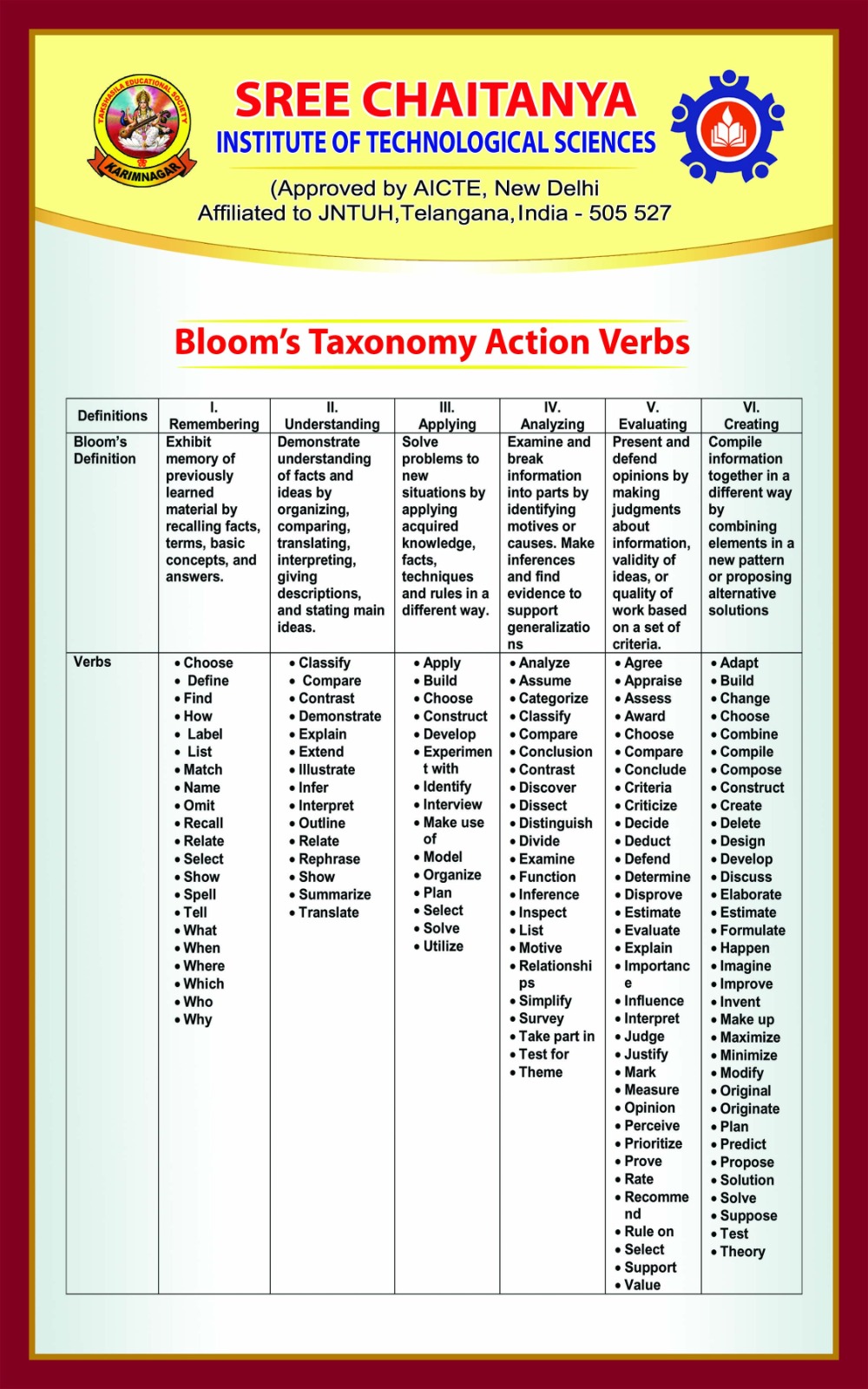Master Of Business Administration SCIT MBA Department is widely recognized for its value-driven and ethical values, where faculty & staff work collaboratively for the positive transformation of students through business leadership in teaching, research and social action. The department provides the highest standard of excellence in higher education, in intellectual & personal development, and in the involvement with meaningful research & community – based projects. The department is committed to developing the next generation of leaders in management. Founded on intellectual rigor, and a culture of collaborative learning, the programs at the department seek to advance knowledge & practice amongst the students in order to prepare them to take up the challenge of business. Students have the opportunity to engage their minds with a distinguished faculty to develop their analytical skills, since the department sees this as critical in understanding management in the contemporary environment. The MBA programme offered by the Department of Business Management is a two-year full time Post Graduate programme that consists of four semesters covering 28 courses, with an average of 95 classes of 50 minutes each, assigned to each course. The programme aims at moulding students into effective managers by providing them with courses reinforced with multi-faceted inputs of management education using state-of-the-art methods of training and active industry interface.
Vision:
- To create an surroundings for intellectual energy at the same time as integrating the studies and worldwide management practices aiming at growing globally innovative, aggressive, tech-savvy and transformational leaders having the priority to cater to the needs of the society.
Mission:
- Our mission is to grow to be a Centre of Excellence for nurturing creativity, encouraging entrepreneurship and improving employability, holistic improvement of students, teaching and exceptional research.
Program Educational Objectives (PEOs):
1.PEO – 1: To provide conceptual knowledge, principles & practices of various functions of management.
2.PEO – 2: To provide the required functional knowledge of Finance, Human Resource Management, Marketing Management and Technology to solve business problems.
3.PEO – 3: To prepare students to communicate & adapt themselves to be Management Professionals in the dynamic business environment.
4.PEO – 4: To provide lifelong learners with critical thinking, problem solving and reasoning abilities.
Program Specific Objectives (PSOs):
1.PSO – 1: The ability to apply knowledge of Management and Behavioral aspects of individual and groups in an organization.
2.PSO – 2: Lay an important foundation to students in managing projects with a special focus on every phase such as project planning, execution, monitoring and evaluation.
3.PSO – 3: To implant the importance of Rural Marketing, Rural Environment, Problems in Rural Marketing in India and Strategies to be adopted by the corporate.


PO1: Engineering Knowledge: Apply the knowledge of mathematics, science, engineering fundamentals, and an engineering specialization to the solution of complex engineering problems.
PO2: Problem Analysis: Identify, formulate, review research literature, and analyze complex engineering problems reaching substantiated conclusions using first principles of mathematics, natural sciences, and engineering sciences.
PO3: Design/Development of Solutions: Design solutions for complex engineering problems and design system components or processes that meet the specified needs with appropriate consideration for the public health and safety, and the cultural, societal, and environmental considerations.
PO4: Conduct Investigations of Complex Problems: Use research-based knowledge and research methods including design of experiments, analysis and interpretation of data, and synthesis of the information to provide valid conclusions.
PO5: Modern Tool Usage: Create, select, and apply appropriate techniques, resources, and modern engineering and IT tools including prediction and modeling to complex engineering activities with an understanding of the limitations.
PO6: The Engineer and Society: Apply reasoning informed by the contextual knowledge to assess societal, health, safety, legal and cultural issues and the consequent responsibilities relevant to the professional engineering practice.
PO7: Environment and Sustainability: Understand the impact of the professional engineering solutions in societal and environmental contexts, and demonstrate the knowledge of, and need for sustainable development.
PO8: Ethics: Apply ethical principles and commit to professional ethics and responsibilities and norms of the engineering practice.
PO9: Individual and teamwork: Function effectively as an individual, and as a member or leader in diverse teams, and in multidisciplinary settings.
PO10: Communication: Communicate effectively on complex engineering activities with the engineering community and with society at large, such as, being able to comprehend and write effective reports and design documentation, make effective presentations, and give and receive clear instructions.
PO11: Project Management and Finance: Demonstrate knowledge and understanding of the engineering and management principles and apply the set one’s own work, as a member and leader in a team, to manage projects and in multidisciplinary environments.
PO12: Life-long learning: Recognize the need for, and have the preparation and ability to engage in independent and life-long learning in the broadest context of technological change.
Dr.Ramnaresh Mulguri
HOD MBA
ramnaresh1028@gmail.com
8897749221
| Sno | Registration Number | Name of The Faculty | Designation |
|---|---|---|---|
| 1 | 05150407-104033 | RAMNARESH MOLGURI | Assistant Professor & HOD |
| 2 | 56150404-163125 | NAKKA UDAY KUMAR | Assistant Professor |
| 3 | 1807-191015-115436 | SRINIVAS GUNDARAPU | Assistant Professor |
| 4 | 8726-150410-151932 | KATUKURI RAJI REDDY | Assistant Professor |
| 5 | 1805-170213-172439 | MANDA HARI KRISHNA | Assistant Professor |
| 6 | 4745-150408-145624 | ARRAM SHYAM SUNDER REDDY | Assistant Professor |
| 7 | 9574-150409-113038 | MALYALA SWARNALATHA | Assistant Professor |
| 8 | 7251-150411-114506 | KATTA SRINIVAS | Assistant Professor |
| 9 | 2704-150505-120138 | ARSHIA SULTHANA | Assistant Professor |
| 10 | 7960-150414-154753 | K.MANJULA | Assistant Professor |
| 11 | 4494-150414-152357 | GOPU CHAITHANYA | Assistant Professor |
| 12 | 2826-170204-105531 | CHANDRAIAH RAPOLU | Assistant Professor |
| 13 | 8684-221213-125749 | ANDEM SWATHI | Assistant Professor |
| 14 | 1495-220707-112018 | GOUSE MOHAMMED | Assistant Professor |
| 15 | 3782-221212-154351 | RAVULA ABHILASH | Assistant Professor |
| 16 | 6335-160216-124728 | ADISHERLA RAMESH | Assistant Professor |
| 17 | 9225-220326-112344 | SAICHAND BOORGUPELLI | Assistant Professor |
| 18 | 6357-150423-171456 | ARRA RAJENDER | Assistant Professor |
| 19 | 2353-170203-160228 | RAJKUMAR THIYAGARAJAN | Assistant Professor |

